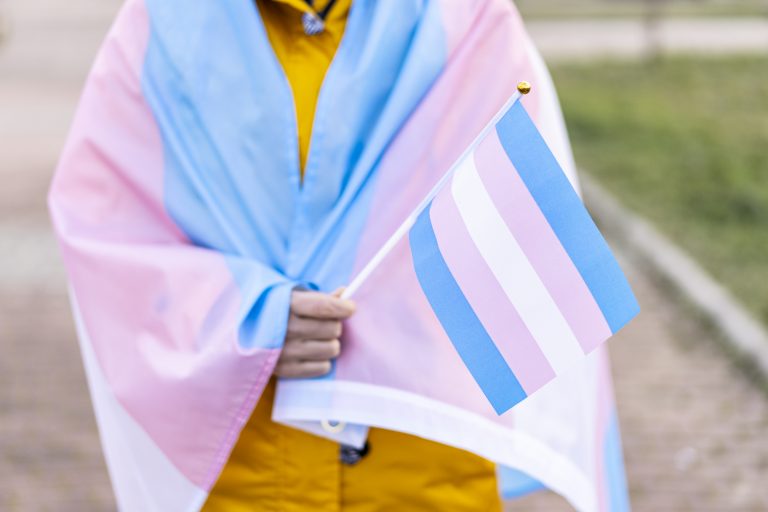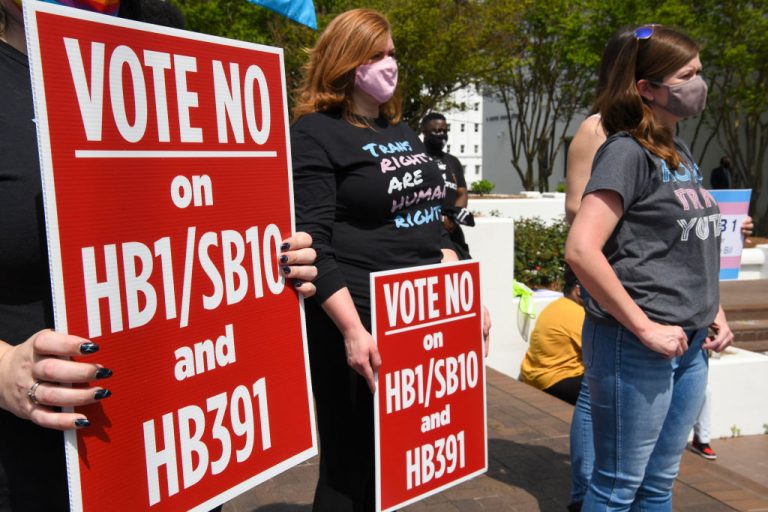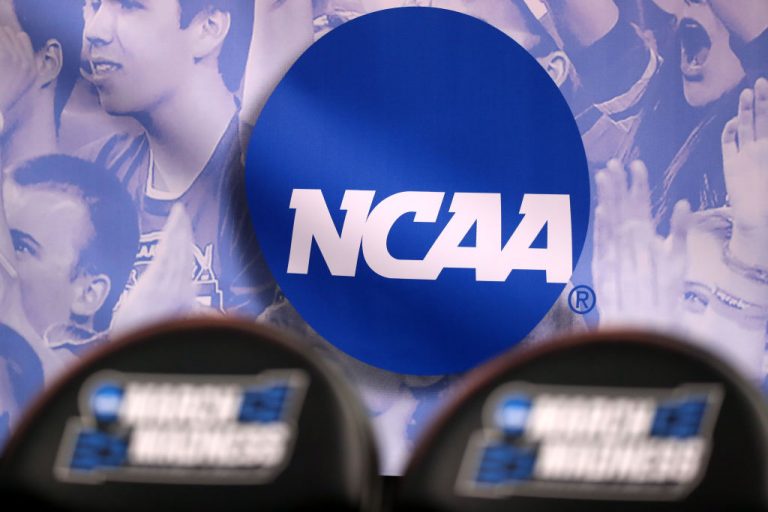The Lived Experience of a Transgender Athlete: Part 2
Why this matters
The Global Sport Matters Podcast presents Part 2 of a two-episode special from guest host and producer Karen Given examining what trans inclusion in sports looks like, how sports write policy on inclusion, and what fans can do to support trans athletes.
On the latest episode of the Global Sport Matters Podcast, "The Lived Experience of a Transgender Athlete: Part 2," guest host and producer Karen Given sits down with Ashland Johnson, Esq., founder of The Inclusion Playbook and Chelsea Wolfe, an out transgender athlete traveling to the Tokyo Olympics as part of Team USA's BMX freestyle team, to discuss what trans inclusion in sports looks like, how sports write policy on inclusion, and what fans can do to support trans athletes.
Wading through the process of competition eligibility in pro sports can be a daunting task for any athlete to figure out: there's paperwork to approve, anti-doping testing to be done, and more. For trans athletes at the highest levels of competition, like Chelsea Wolfe, the process becomes even more confusing and convoluted because it's up to the organization hosting to even decide if trans athletes are allowed to compete at all.
"I've shown up at events before, gotten there and been told 'Oh no, you can't compete,' which is a really crappy feeling," Wolfe says. "There is no simple guide. It took a long time and so much effort to sort through the mountain of information out there on what these organizations want you to do to even be eligible to compete. Then, of course, they keep changing it and moving the goalpost on us."
In this moment, states are deciding their own policies when it comes to eligibility, which can be detrimental to younger trans athletes looking to participate in sport at the lower levels, like K-12 and college sports. Most people may be familiar with the National College Athlete Association's (NCAA) policy that includes participation for trans athletes, but what may not be well known is that the rule only applies to NCAA championships.
"What that means," says Johnson, "Is that every school gets to set their own standards for trans participation. Imagine how confusing that's going to be for a young athlete wanting to compete in college."
As anti-trans legislation continues to be debated, the political conversation seems to be more polarized, but to Johnson, it's more nuanced when it comes to sport."What I've seen with most sports organizations is they want to find an avenue for trans athletes to compete and participate, but they want to do it with the values of being fair and inclusive," she says."I think one way we can bridge this gap is having more people learn what it means to be transgender in general."
The benefits sport provides to young athletes has been long understood from higher grades and self-esteem to better mental and physical health outcomes, but for trans youth, participating isn't an option when bans and/or discrimination stand in the way. Johnson notes that 83 percent of trans athletes are not 'out' to their coaches and 62 percent of trans students don't participate in sports at all because of their gender identity, and trans youth are at higher risk of self harm because of the discrimination they face.
However, Johnson adds, "having just one adult in their life that's accepting, decreases that percentage of self-harm by 40 percent. So just having a coach that's accepting of a trans athlete is something that could be life changing and life saving."
For sports organizations that are searching for fair policy solutions, Johnson suggests erring on the side of inclusion. Rather than discrimination, organizations should question the notion of what gender means: "We don't test every athlete. We don't test cis-women, unless they don't adhere to Western notions of white womanhood."
She notes that questioning the reasoning of why certain athletes are tested over others, particularly non-white athletes, may be more of a point of racial bias than just a issue of gender.
"The reality is, we don't know the baseline when it comes to levels of testosterone in people's bodies," she says, "and we don't know where the tipping point for an athletic advantage is either ... You have to look at all levels and not just gender identity."
The major point of any anti-trans legislation has been about protecting women's sports, but both Johnson and Wolfe don't see transgender athletes as the issue harming women's sports. Instead, they point out that it's important to listen to women in this moment because they have been telling lawmakers and sports organizations that they need better pay, better facilities, and maternity leave.
Wolfe adds: "There is so much inequality present in sport and so many things holding back women's sports and women athletes, and trans athletes are not one of those things. If anything, we are actually part of the movement and we are helping the cause."
Tune in and subscribe to the Global Sport Matters Podcast wherever you listen to podcasts, or find it here.
Monthly Issue
Beyond the Binary in Sport
The spectra of sex, gender, and sexuality challenge our traditional understanding of sport and competition, but are increasingly central to the conversation around athlete and fan experience.
With legislation and organizing increasing around how these various identities intersect, sport makes a natural landscape for discourse and broadening our knowledge of these conversations. How are perspectives changing, and what can we discover by diving into the multitudes underneath these nuanced topics?
Related






